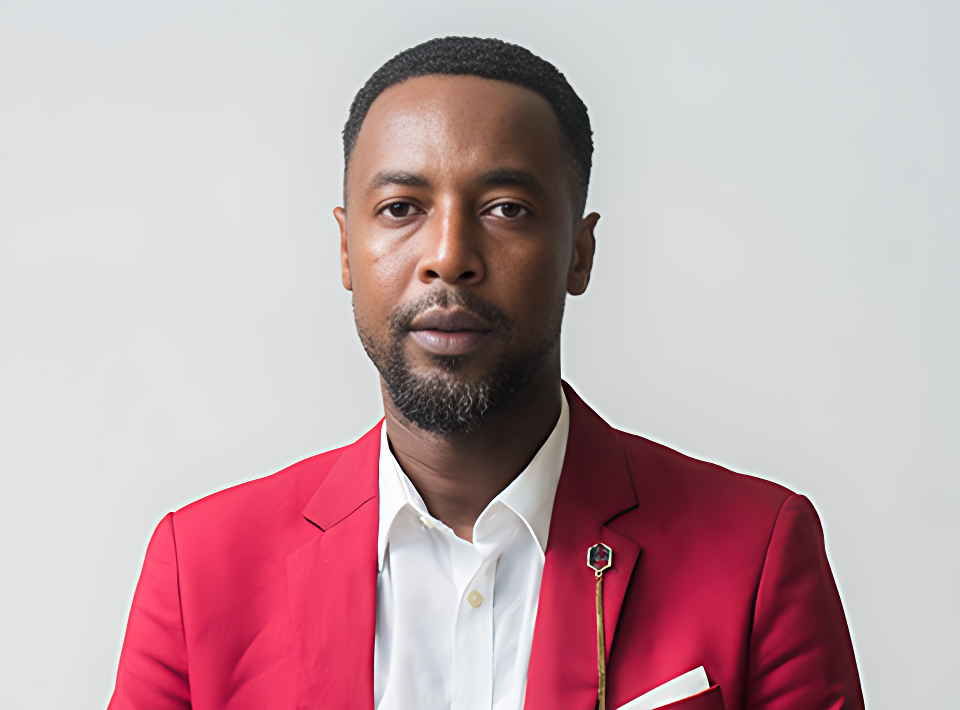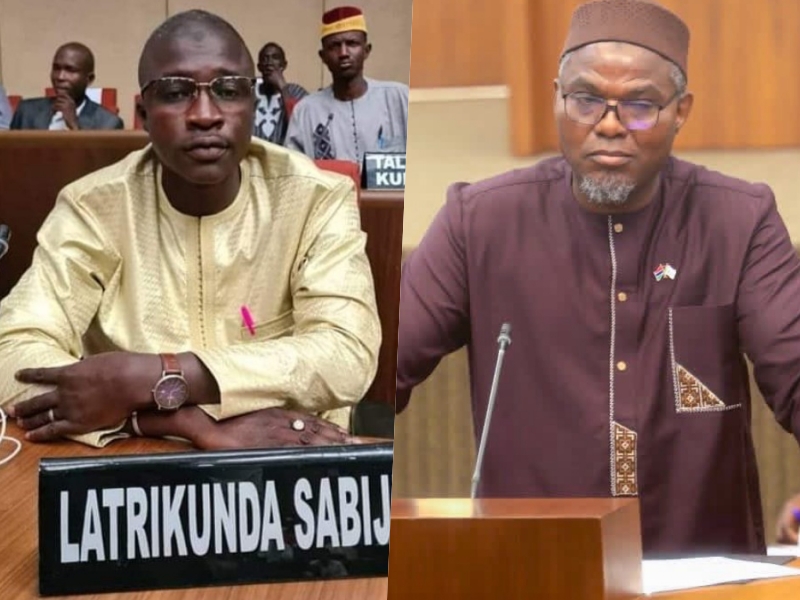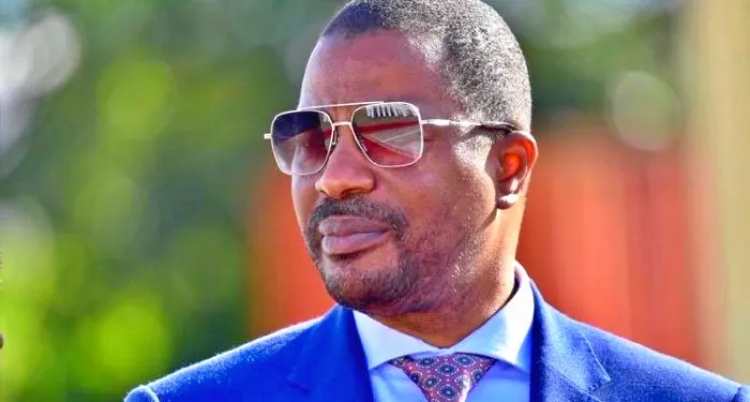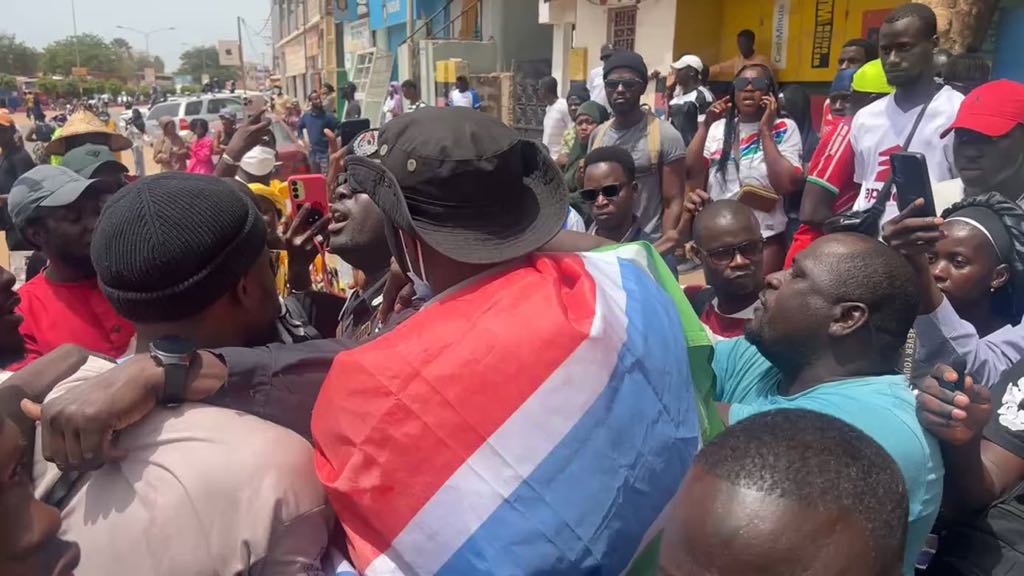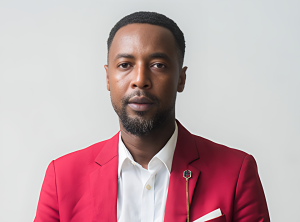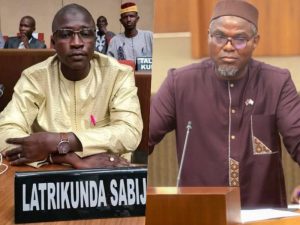Gambiaj.com – (BANJUL, The Gambia) – Amnesty International’s latest global human rights report warns that Gambia’s civic space is contracting—mirroring a global surge in authoritarianism and repression. In a country once hailed for its democratic transition after decades of dictatorship, the right to speak freely, assemble peacefully, and access information is increasingly under threat.
The 2024 report on The Gambia details deep concerns across multiple areas, from women’s and children’s rights to freedom of expression, justice, and economic security.
Shrinking Freedoms of Peaceful Assembly, Expression, and Speech.
Amnesty says The Gambia fell sharply in global press freedom rankings, dropping from fifth to tenth place in Africa and from 46th to 58th worldwide, according to Reporters Without Borders.
The decline, according to the organization was driven by the persistence of draconian laws, such as the colonial-era sedition law, and the looming threat of the CyberCrime Bill 2023, which critics say contains vague provisions that could be used to criminalize online dissent.
Journalists, activists, and ordinary citizens have borne the brunt of these restrictions. In April, eight activists were arrested, detained for hours, and charged with offenses including “common nuisance” and “unlawful assembly” for organizing a peaceful sit-down protest over ferry service disruptions and alleged corruption.
Later in the year, two journalists from The Voice newspaper were prosecuted after publishing a report suggesting the president had chosen a successor for the next election. Though the charges were eventually dropped, the message was clear: “critical voices risk retribution” according to Amnesty International.
Madi Jobarteh, one of the country’s most prominent human rights defenders, remained under criminal prosecution at the end of the year for “false publication and broadcasting” after criticizing government policies on Facebook in 2023.
Even as the government made strides in transparency—such as launching the Access to Information Commission in April—the culture of fear and self-censorship persists.
Amnesty International warns that the contradiction between symbolic reforms and aggressive policing of dissent undermines the very democratic foundations the country is striving to uphold.
Social and Economic Freedoms Not Fully Addressed
Despite maintaining a formal ban on female genital mutilation (FGM), the practice remains alarmingly prevalent, with 73% of women and girls aged 15–49 affected. A controversial attempt to overturn the ban was thwarted in July 2024 after fierce opposition from activists and survivors, yet the government continues to fall short in addressing the root causes.
Maternal health indicators remain troubling, with a high maternal mortality rate of 289 deaths per 100,000 live births. According to Bansang General Hospital, 146 maternal deaths occurred between 2016 and 2020 alone due to pregnancy-related complications.
The rights of children also remain under threat. Child trafficking, particularly for sexual exploitation, is reportedly resurging, and many children continue to work on the streets, facing risks of abuse and lacking access to education.
Although the government has committed to a second phase of the Project to Support the Protection of Children Victims of Rights Violations, implementation gaps persist.
Economic conditions, meanwhile, have continued to deteriorate for many Gambians. Nearly 29% of the population was reported as food insecure in 2023—a rise from the previous year.
Illegal fishing by foreign trawlers further compounded food insecurity and hurt local fishermen’s livelihoods. Though some violators were apprehended and a technical working group was formed with UN support, the problem remains unresolved.
Affordable housing shortages and the emergence of dangerous synthetic drugs like Kush have heightened social vulnerability, especially among young people. The government has announced ambitious housing plans, but tangible improvements are yet to be seen.
Encouraging Progress Made in Transitional Justice
Despite these concerns, there have been notable steps toward transitional justice. Following years of advocacy, The Gambia’s parliament passed two landmark bills in April 2024 establishing a special prosecutor’s office and laying the groundwork for a hybrid court with ECOWAS to prosecute crimes committed under former President Yahya Jammeh’s rule.
The sentencing of Jammeh-era Interior Minister Ousman Sonko to 20 years in prison in Switzerland marked a significant milestone in the pursuit of justice. However, victims’ groups remain frustrated by the lack of forensic capacity to identify exhumed remains of the regime’s victims.
A Reflection of Global Regression With Live-streamed Genocide in Gaza
The erosion of rights in The Gambia is not occurring in isolation. Amnesty’s 2025 global preface describes the world at a “historic juncture,” where freedom of expression, international accountability, and the rule of law are under relentless assault.
In 2024, genocide in Gaza was live-streamed to the world as Israeli forces killed thousands of Palestinians, while powerful allies like the United States and Germany blocked UN ceasefire efforts and continued arms transfers.
At the same time, President Vladimir Putin intensified attacks on Ukraine, and conflicts in Sudan, Congo, Burkina Faso, and beyond spiraled with little international response. Meanwhile, the world’s richest states failed to act decisively on climate change, poverty, and inequality—issues that continue to exacerbate rights abuses globally.
Amnesty frames these developments as a broader crisis of multilateralism. The resurgence of U.S. President Donald Trump, now in his second term, has further accelerated what Amnesty calls a “supercharged dismantling” of the post-World War II rights system.
Institutions like the International Criminal Court (ICC) have been targeted, and civic space has been systematically closed by authoritarian and populist leaders worldwide.
As global institutions falter, the burden of defending human rights in The Gambia has fallen increasingly on local actors. But they are doing so in a tightening space, where peaceful protest is criminalized and journalists are treated as political threats.
In the midst of a rising tide of global authoritarianism, The Gambia’s backsliding on freedom of expression and assembly must not be viewed as an isolated event—but as part of a dangerous international pattern. Amnesty International warns that unless nations like The Gambia reverse these trends and recommit to democratic norms, the world risks entering not just an era of change, but a change of era—one defined by fear, silence, and impunity.



